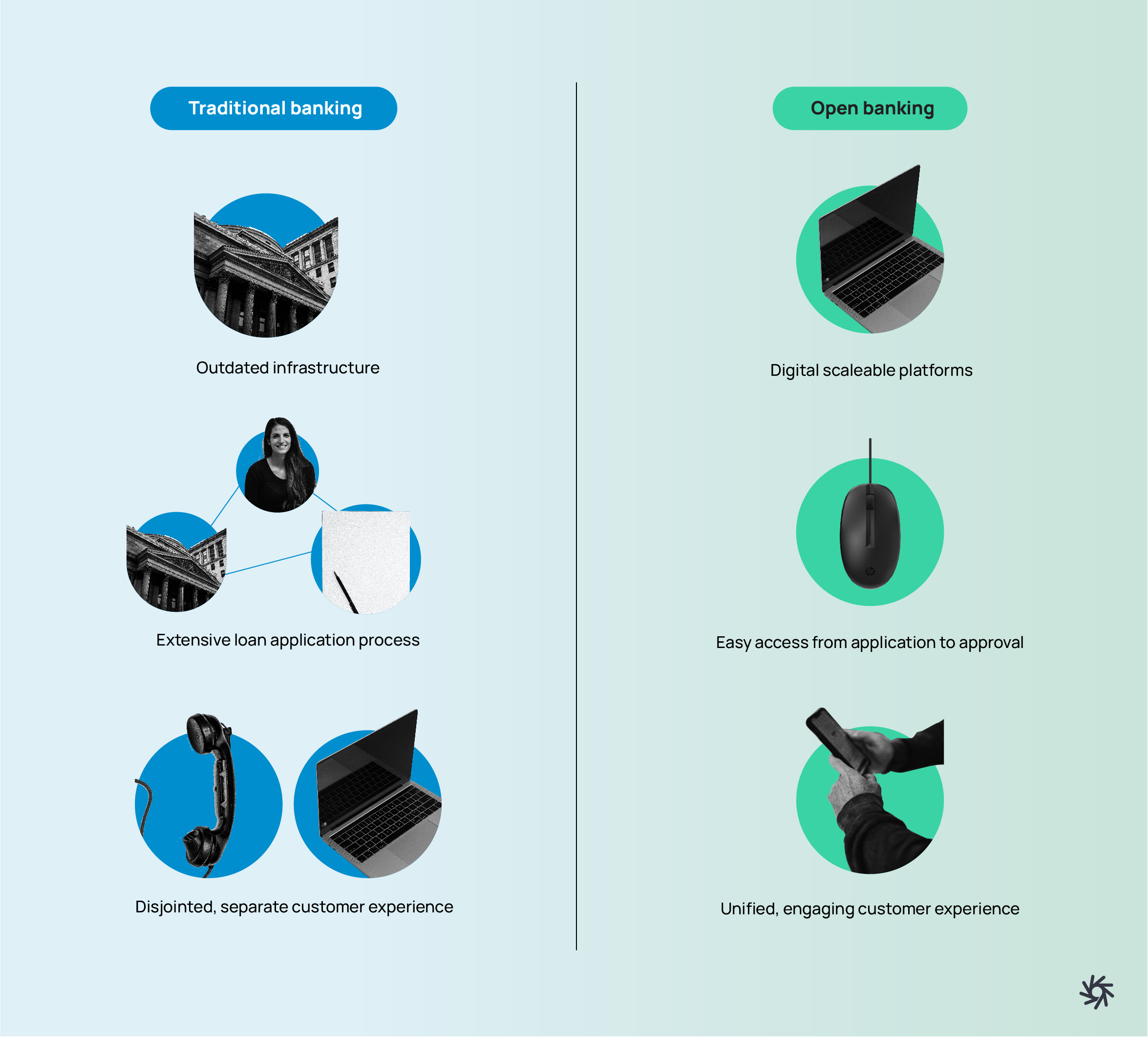The Key to Global Economic Growth

Global, open, and interoperable networks are the backbone of today's society. From social connections to financial transactions, networks power the world. However, the rise of protectionist policies threatens to reverse the progress made in this area. Maintaining open and interoperable networks in finance has become increasingly important and the benefits it can provide, particularly for developing countries.
The concept of open networks is simple - it means that anyone can connect to the network and use it for their own purposes. Interoperability means that these networks can communicate and work together seamlessly. The internet is the perfect example of open and interoperable networks in action. Anyone can connect to the internet, and all the devices connected to it can communicate and share information.
In finance, open and interoperable networks are equally important. They allow for seamless and secure transactions across borders, enabling businesses to trade and grow on a global scale. Maintaining open financial access is particularly important for developing countries. According to a recent report by the McKinsey Global Institute, ensuring open financial access could bring $3.7 trillion in growth for developing countries between now and 2025.
But why is this the case? One reason is that open networks make it easier for businesses to access capital. Without access to capital, many small and medium-sized enterprises (SMEs) are unable to grow and expand. This hinders economic growth and reduces job opportunities. With open financial access, SMEs can access capital from around the world, enabling them to invest in their businesses and create jobs.
Open networks also help to promote financial inclusion. Many people in developing countries do not have access to traditional banking services. By providing access to open and interoperable networks, individuals can access a range of financial services, including loans, savings accounts, and insurance.
However, despite the benefits of open and interoperable networks, some protectionist policies threaten to reverse progress in this area. Some governments have implemented restrictions on cross-border transactions or imposed stringent regulations on financial services providers. These policies can limit access to capital and hinder economic growth.
Ensuring open and interoperable networks in finance is not just sensible, it's also the right thing to do. By providing access to financial services and enabling global trade, these networks can help to reduce poverty and promote economic growth. This is why the World Economic Forum has been an advocate for policymakers to recognize the benefits of open networks and work to promote policies that enable them to thrive.
The World Economic Forum has long recognized that global, open, and interoperable networks power the world – their importance cannot be overstated. Maintaining open financial access is particularly important for developing countries, as it can bring billions in economic growth. However, some protectionist policies threaten to reverse progress in this area. It's crucial that policymakers recognize the benefits of open networks and work to promote policies that enable them to thrive.
World Economic Forum – Davos 2023
https://www.weforum.org/agenda/2023/01/finance-inclusive-growth-wef23/
Photo by Sean Pollock on Unsplash


